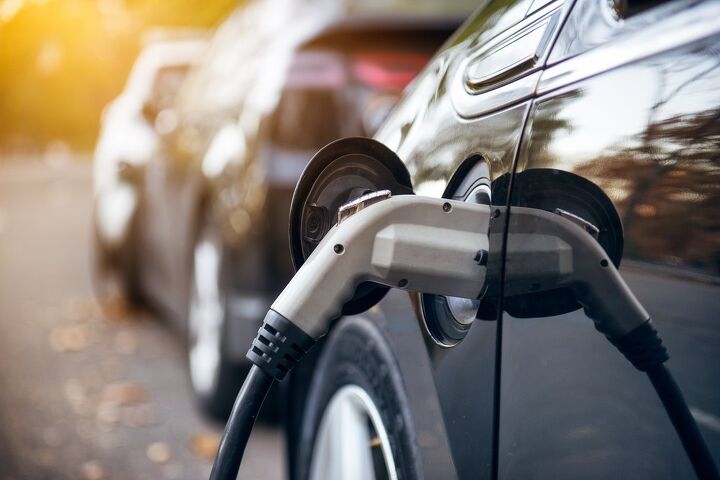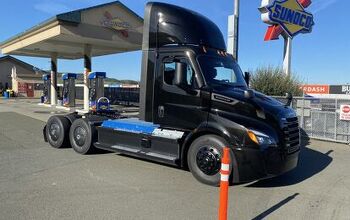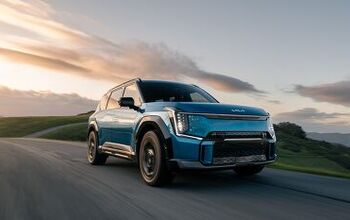Electric vs. Gasoline Cars: Uncovering the Real Climate Savior
Contrary to common misconceptions, electric vehicles (EVs) generally have a smaller carbon footprint compared to traditional gasoline cars. This advantage remains true even when considering the electricity utilized for charging EVs. One key distinction is that EVs produce no direct tailpipe emissions. However, the production of electricity for EV charging can result in carbon emissions, depending on the energy source.
The carbon pollution from electricity varies based on local energy production methods. For instance, electricity generated from coal or natural gas is associated with higher carbon emissions, while renewable sources like wind or solar energy contribute negligible carbon pollution. Despite the variance in electricity production methods, studies indicate that EVs are typically linked to lower greenhouse gas emissions than the average new gasoline vehicle.
The shift towards renewable energy sources further enhances the environmental benefits of EVs. As more renewable energy sources are integrated into the power grid, the overall greenhouse gas emissions associated with EVs can be further reduced. Notably, in 2020, renewable energy sources rose to become the second-most dominant source of electricity in the United States.
Tools to Measure Your EV's Environmental Impact
The Environmental Protection Agency (EPA) and the Department of Energy (DOE) offer valuable resources for assessing the environmental impact of EVs. The EPA's Power Profiler is an interactive tool that provides information about the electricity production mix in different regions. By entering a zip code, users can understand the specific energy sources powering their local area.
Additionally, the Beyond Tailpipe Emissions Calculator, developed by the EPA and DOE, is a user-friendly tool designed to estimate the greenhouse gas emissions from charging and driving an EV or a plug-in hybrid electric vehicle (PHEV). This tool allows users to select specific EV or PHEV models and input their zip code to compare the CO2 emissions from these vehicles with those from gasoline cars. These tools empower individuals to make informed decisions about the environmental impact of their transportation choices.
This article was co-written using AI and was then heavily edited and optimized by our editorial team.
More by TTAC Staff
Latest Car Reviews
Read moreLatest Product Reviews
Read moreRecent Comments
- IH_Fever The Biden admin hasn't done much of anything besides talk about "progress" while funding more wars, wasting taxpayer money, and blaming the evil orange man for everything.
- Master Baiter So people who chose to drive cars need to pay extra for hybridization while Joe Six Pack can continue to tool around in his Peterbilt--otherwise known as an F150/Silverado/Ram.
- Kwik_Shift_Pro4X Imagine when the price of electricity triples because of all the intermittent sources being added to the grid to charge all the electric cars. Then it triples again because road taxes have to be collected on electric vehicles. Then the vehicles themselves triple because there are shortages of lithium and cobalt and copper.I’d break out the popcorn but since it will be up to $80 a cup by then, I will pass.
- Kcflyer more smoke and mirrors from the installed dodo
- Vatchy "are making cars and trucks that give American drivers more choices today than ever before"Fine, because more choices are good. What is not good is that they are trying to cut our choices down to 1 - electric - instead of letting the market decide. That, in this case, is just stupid. I personally don't have anything against electric cars but my choice is no for as long as possible.I bought a six-cylinder pickup to pull a camper. I have absolutely no interest in pulling it a hundred miles, finding a place to unhook and leave it, find a working charging station, waiting 30-60 minutes (or longer) to fill up, then go back and hope my camper is still where I left it, hook up, and finally go. So, drive a hundred, spend an hour or more, drive another hundred, spend another hour or more, etc. That is not my choice.


































Comments
Join the conversation